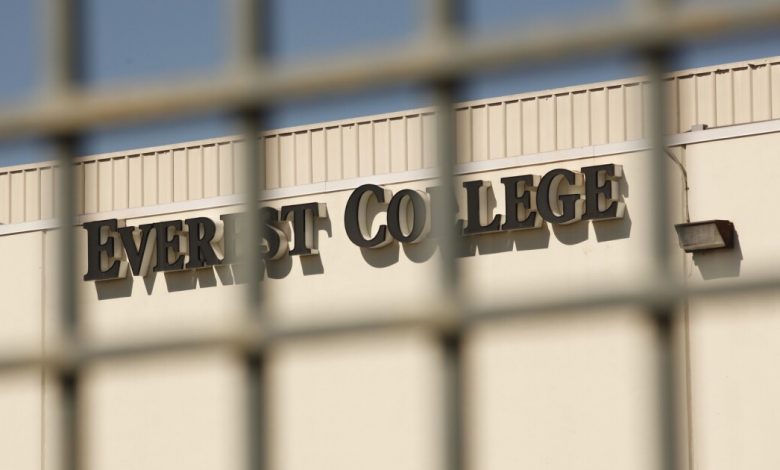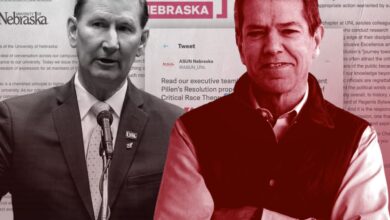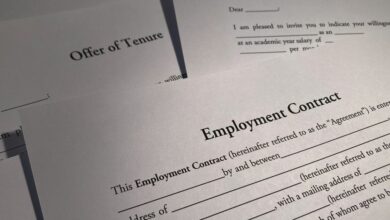More College Owners Could Be ‘On the Hook’ for Repayment Under New Education Dept. Policy

[ad_1]
The Education Department announced a new policy on Wednesday that it says will help protect taxpayers from the heavy cost of loan forgiveness when colleges either shut down or are found to have misled or defrauded students.
In certain circumstances, the department will begin requiring additional signatures on the agreement that private colleges must submit in order to qualify for Pell Grants and federal student loans. In addition to the institution itself signing the program participation agreement, the department will now ask for signatures from any organization or entity with at least a 50-percent ownership interest. And all of the parties that sign the document could be held liable for the cost of student-loan forgiveness if problems occur.
The additional-signature policy will kick in only in certain situations, such as if a college has not met financial-responsibility requirements, if it is only provisionally allowed to receive student aid, or if it has “significant liabilities for borrower defense or other findings.”
“If a company owns, controls, or profits from a college, it should also be on the hook if the institution fails students,” said James Kvaal, under secretary of education, in a statement. “Today’s steps will ensure taxpayers aren’t held liable for colleges that fail their students or close their doors, especially without the opportunity for students to finish their courses of study.”
A 2019 Chronicle analysis found that college closures can have devastating impacts on displaced students — and it is mostly for-profit colleges that shut down. Over a five-year period, about half a million students were displaced from more than 1,200 shuttered campuses, and 88 percent of those campuses were operated by for-profit colleges.
Advocacy groups and some members of Congress have pushed for the Education Department to go after for-profit college executives individually in cases where colleges have acted unethically.
The Education Department hasn’t wholly rejected this idea, but it hasn’t fully embraced it either.
Dan Zibel, vice president and chief counsel for Student Defense, a nonprofit that has pushed for holding college leaders individually liable, said that the department’s new signature requirement is a welcome step in the right direction. But much more needs to be done, he said.
“We appreciate the department’s first steps towards holding corporate investors accountable,” Zibel said. “It is imperative, however, that the department neither weaken its authority to hold accountable investors with smaller ownership stakes nor waiver from the department’s commitment to Congress that it will hold individuals — and not just corporate investors — personally liable for harming students or the government.”
Career Education Colleges and Universities, a trade group that represents for-profit colleges, said Wednesday that the Education Department’s new signature policy might be appropriate in certain cases. But the group urged the department to proceed cautiously.
“The U.S. Department of Education should take into account all circumstances surrounding an institutional closure before taking the extraordinary step of piercing the corporate veil to reach the assets of the corporate parent,” said Jason Altmire, the group’s president and chief executive.
[ad_2]
Source link





